
IVD Clinical and Post-Market Compliance
Demonstrate complete regulatory compliance by ensuring your in vitro diagnostic (IVD) device conforms to all applicable global requirements.
Delivering compliant IVD products to global markets
Choose Apotech for clinical compliance you can trust
Before placing an IVD device on the market, manufacturers must demonstrate compliance with all applicable global regulatory requirements including In Vitro Diagnostic Regulation (IVDR), 21 CFR and the UK MDR 2002.
At Apotech, our experienced team can make sure that you are conforming with the appropriate conformity assessment procedures. Working on your behalf, we can help you demonstrate that your IVD device achieves its intended purpose and corresponds to its claimed performance throughout its lifetime.

Trusted by top-tier teams worldwide
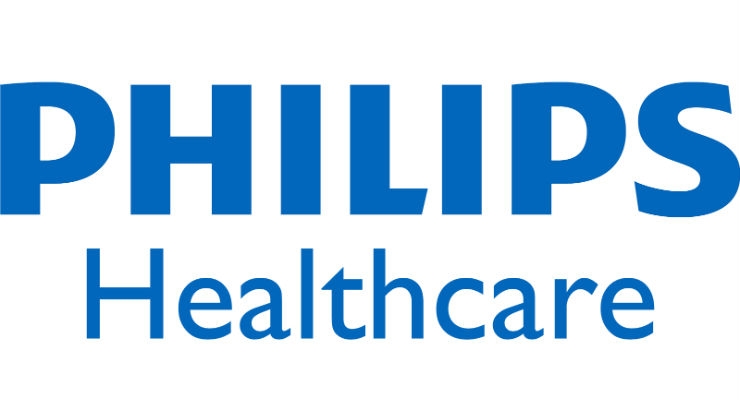

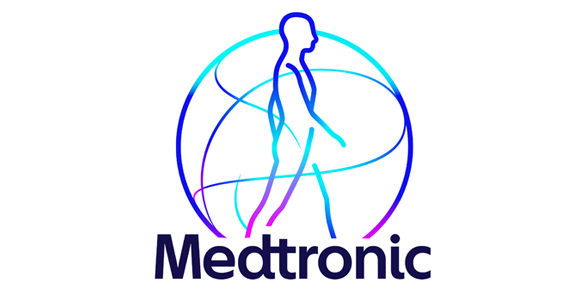

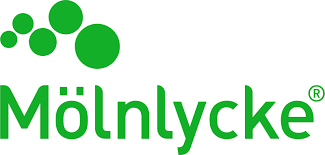

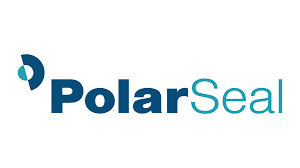
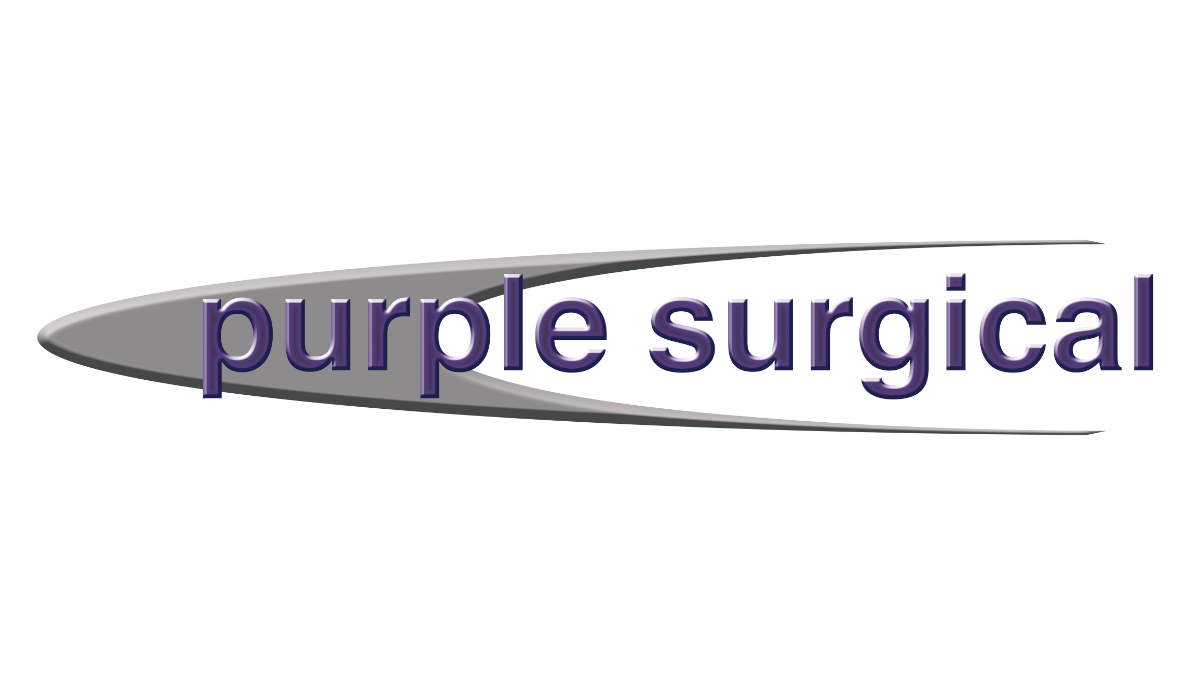

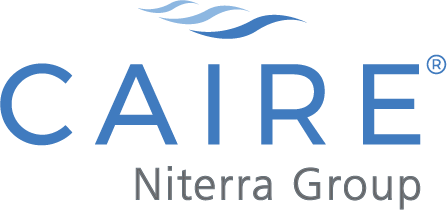
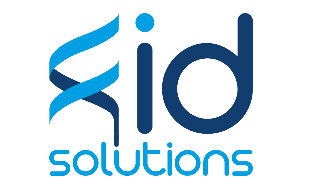




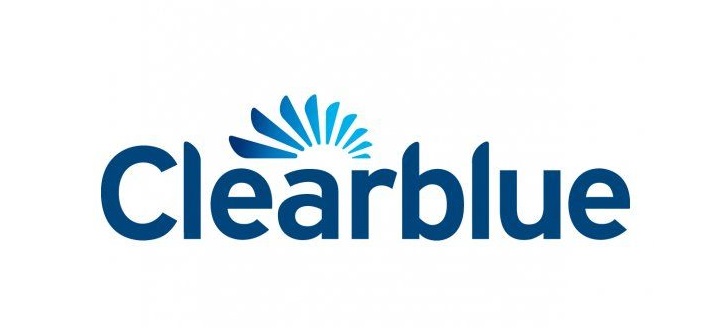
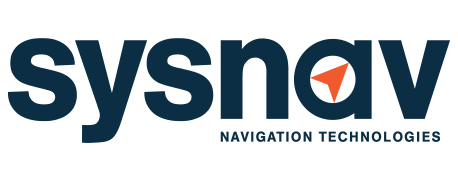


Why choose Apotech for IVD clinical and post-market services?
Article 56 (1) of the IVDR states that IVD manufacturers must specify and justify the level of clinical evidence given a device’s characteristics and its intended purpose. Therefore, defining this intended purpose must be considered a key driver behind its overall assessment.
Manufacturers must also ensure that they meet the essential requirements of the Medical Devices Regulations 2002 using data gathered through a performance evaluation.
At Apotech, we can support you during the clinical stages of your IVD development in the following areas:
FAQs on IVD clinical and post-market services
At Apotech, we provide a tailored approach to our IVD clinical and post-market services. We aim to make the process as simple to understand as possible and are always on hand to answer any questions you might have.
Here are some of the questions we get asked most often.
Featured case studies
Medical device CSV
Medical device CSV Introduction IVD manufacturer The client is an IVD manufacturer based in Europe. Although already ISO 13485:2016 certified, they were agnostic when it came to GAMP 5 and 21 CFR PART 11. They have 80 employees based over 2 sites in France. Apotech consultant: Apotech’s consultant coordinated 5 technicians, acting as project manager…
Batch Release as EU Qualified Person
Batch Release as EU Qualified Person Introduction Our client is a vertically integrated company in chemical synthesis and manufacturing of generic Active Pharmaceutical Ingredients and Drug Products. Standards and references Scope of work Remote batch certification and release of medicinal products Provide regulatory expertise as requested Review Marketing Authorisation variations Perform training with impacted…
Tech Transfer
Tech Transfer (COVID-19 Vaccine) Introduction Worldwide Vaccine Manufacturer British-Swedish multinational pharmaceutical and biotechnology company. Areas Oncology, cardiovascular, gastrointestinal, infection, neuroscience, respiratory, and inflammation. Apotech Consultants The Apotech Consultants were embedded in the client’s global TechOps team. This team consisted of ~50 people, spread across the globe, and our consultants reported to the Director of Global…